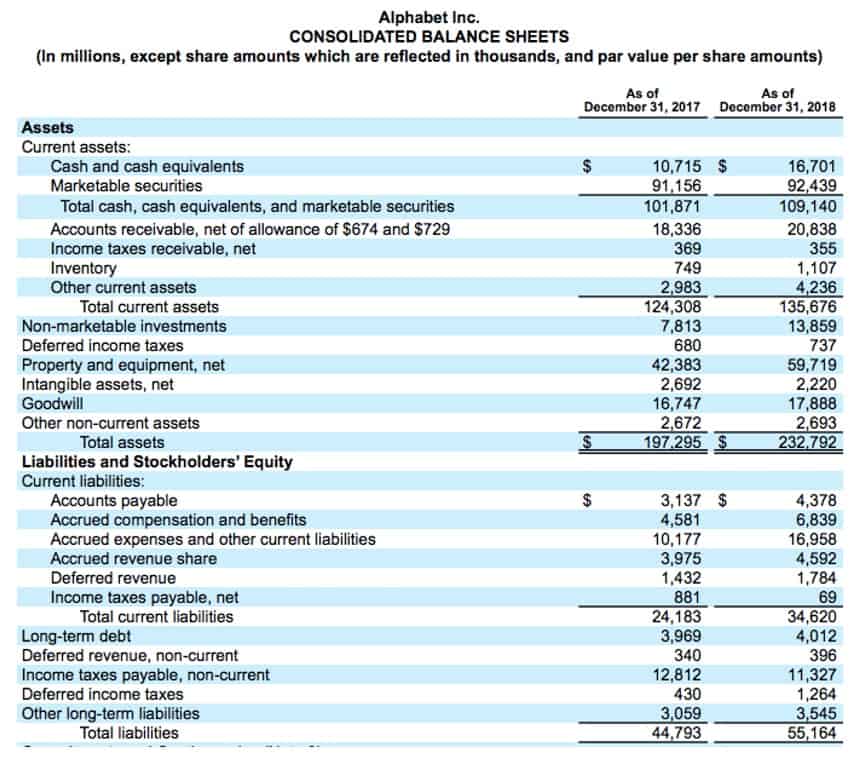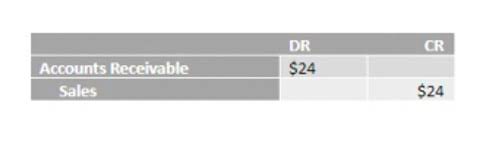
Bookkeepers manage an organization’s financial records by tracking transactions and producing reports for accountants and managers. These professionals use problem-solving, analytical, and detail-oriented skills while working closely with numbers and bookkeeping software. The core function of a bookkeeper is to ensure that all bills are paid on time, transactions are recorded correctly, payroll runs on time and taxes are filed correctly.
Can I teach myself to be a bookkeeper?
And, when it comes time for the hiring manager to make a decision, each and every one of those things can matter. It’ll let you work your way into the world of accounting and finance, something that will remain relevant until essentially the end of time. As a bookkeeper, you could earn the median salary of $41,230 a year, which isn’t too bad. Plus, as you gain experience, you could work your way up to the top 10 percent of earners, landing an annual salary of $62,410 or more. Surprisingly, bookkeeping is a low-stress job, even with it being so ridiculously important.
Why did you become a bookkeeper? What initially interested you about the field?

She is a mother of two, a coffee lover, and a book-reading, beach-loving mindset enthusiast. One way to think about it is that bookkeepers lay the groundwork for accountants to analyze and prepare financial statements. A Bookkeeper is responsible for recording and maintaining a business’ financial transactions, such as purchases, expenses, sales https://www.bookstime.com/ revenue, invoices, and payments. They will record financial data into general ledgers, which are used to produce the balance sheet and income statement. Bookkeeping is broadly defined as the recording of financial transactions for a business.

What does a Bookkeeper do?
The single-entry system tracks cash sales and expenditures over a period of time. Unlike accounting, bookkeeping zeroes in on the administrative side of a business’s financial past and present. Accounting, on the other hand, utilizes https://x.com/BooksTimeInc data from bookkeepers and is much more subjective. Bookkeeping is just one facet of doing business and keeping accurate financial records. With well-managed bookkeeping, your business can closely monitor its financial capabilities and journey toward heightened profits, breakthrough growth, and deserved success.
- Business owners may want to consider hiring a bookkeeper, however, if they’re unfamiliar with standard bookkeeping practices or struggle to stay on top of regular financial tracking tasks.
- However, bookkeepers can learn specialized skills and earn certifications to stand out among peers.
- This is a great way to gain real-world experience as you become a bookkeeper and, potentially, a bookkeeping business owner.
- A bookkeeper provides a critical role in the data collection and data input of a business’ accounting cycle.
- If you have a degree in accounting or a related discipline, you will probably pick it up quicker than if you don’t.
Accountants take that financial data and help you see the bigger picture and the path your business is on. If all your mental powers have been focused on getting your business off the ground, you might not yet fully understand what is a bookkepper what a bookkeeper does. In this guide we break down the day-to-day role of a bookkeeper, and why a good one is worth holding onto. At your request, QuickBooks will conduct a full evaluation of your bookkeeper’s work.

Get live expertise
How your business operates is unique, and your bookkeeping follows suit. Certifications aren’t necessary to become a bookkeeper but can signal to employers that you have the training and knowledge to meet industry standards. After you have a few years of experience, you can earn the Certified Bookkeeper designation from the American Institute of Professional Bookkeepers by passing a series of exams.

The evolution of bookkeeping
This more advanced process is ideal for enterprises with accrued expenses. Usually, the entry-level salary for both bookkeepers and accountants tends to be similar; however, the earning potential of an accountant tends to increase as their career progress. It is not uncommon for an experienced bookkeeper to make a career transition into accounting or another profession.



